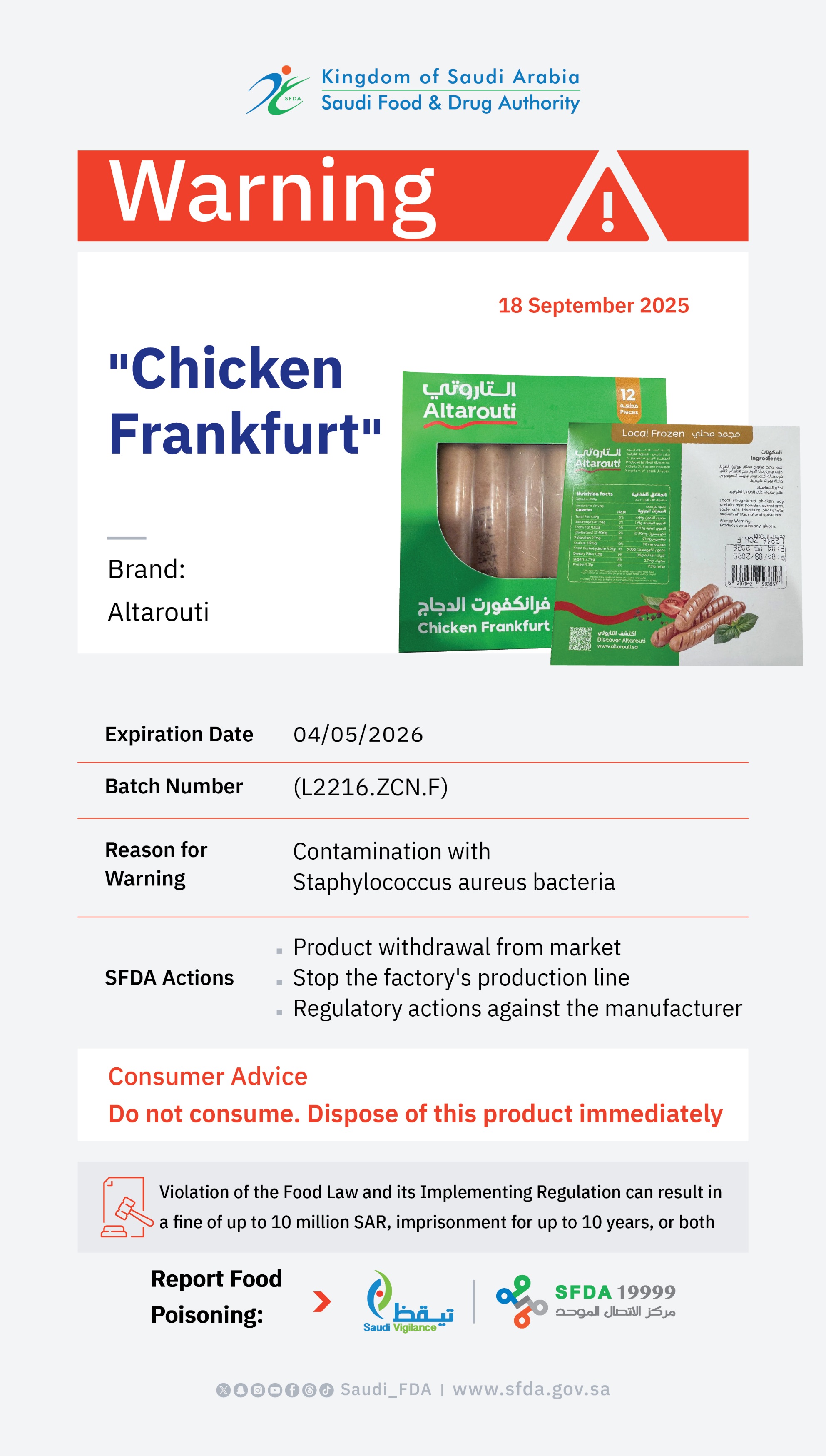
US FDA: Dangerous Or Fatal Skin Reactions In Patients With A Particular Human Leukocyte Antigen following Carbamazepine therapy
2008-01-05
12th December 2007, FDA informed healthcare professionals that dangerous or even fatal skin reactions (Stevens Johnson syndrome and toxic epidermal necrolysis), that can be caused by carbamazepine therapy, are significantly more common in patients with a particular human leukocyte antigen (HLA) allele, HLA-B*1502. This allele occurs almost exclusively in patients with ancestry across broad areas of Asia, including South Asian Indians. Patients with ancestry from areas in which HLA-B*1502 is present should be screened for the HLA-B*1502 allele before starting treatment with carbamazepine. If these individuals test positive, carbamazepine should not be started unless the expected benefit clearly outweighs the increased risk of serious skin reactions.
Patients who have been taking carbamazepine for more than a few months without developing skin reactions are at low risk of these events ever developing from carbamazepine. This is true for patients of any ethnicity or genotype, including patients positive for HLA-B*1502.
Action that Healthcare Professional should follow:
Patients with ancestry in at-risk populations should be screened for the HLA-B*1502 allele prior to starting carbamazepine. Patients who test positive for HLA-B*1502 should not be treated with carbamazepine unless the expected benefit clearly outweighs the increased risk of SJS/TEN.
Tested patients who are found to be negative for HLA-B*1502 have a low risk of SJS/TEN from carbamazepine, but SJS/TEN can still rarely occur, so healthcare professionals should still watch for symptoms in these patients.
Patients who test positive for HLA-B*1502 may be at increased risk of SJS/TEN from other antiepileptic drugs that have been associated with SJS/TEN. Therefore, in HLA-B*1502 positive patients, doctors should consider avoiding use of other antiepileptic drugs associated with SJS/TEN when alternative therapies are equally acceptable.
Report Adverse Drug Reactions to the Saudi FDA:
Public and health professionals are encouraged to report adverse drug reactions to the National Pharmacovigilance Center on the Internet at:





